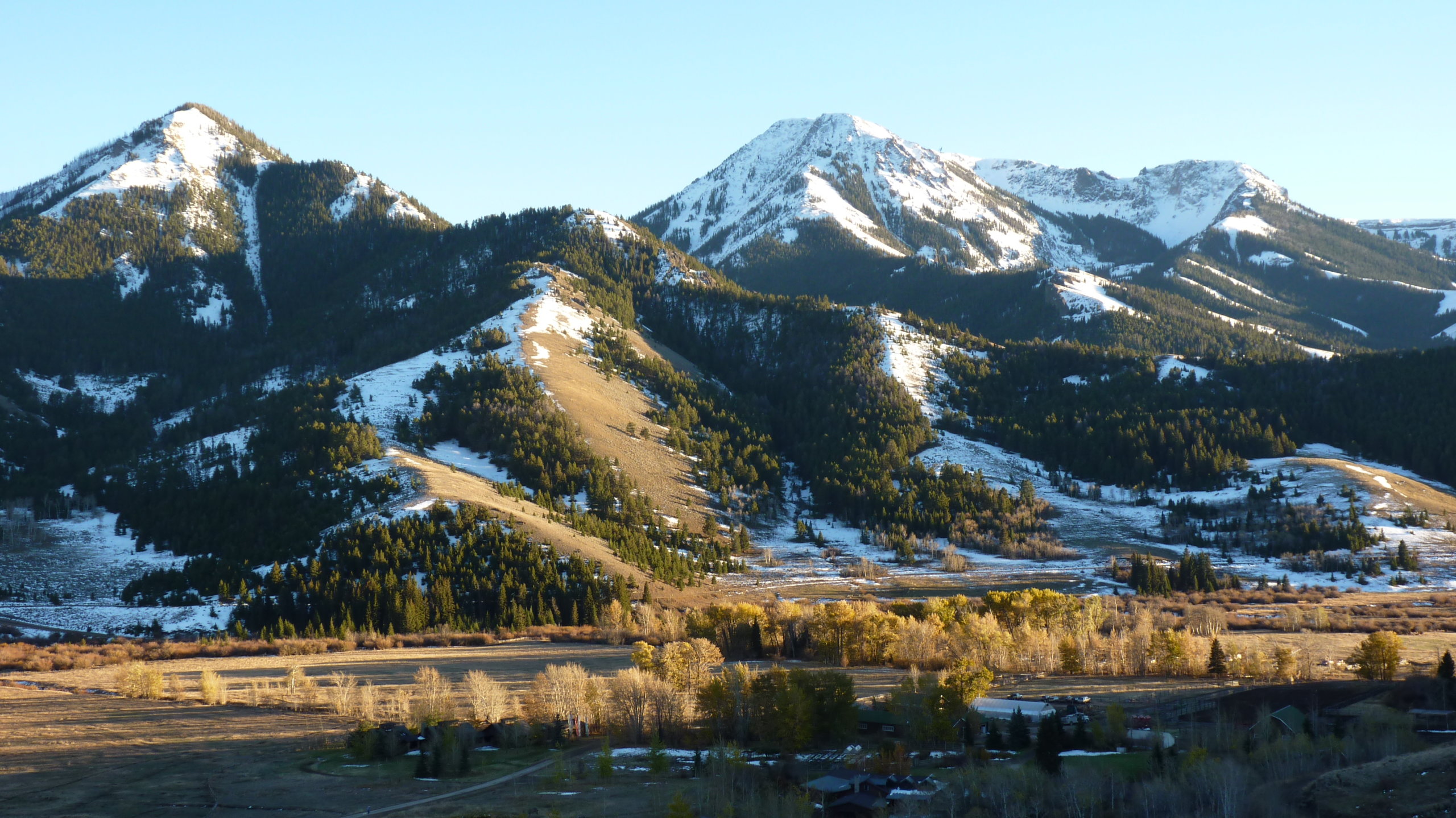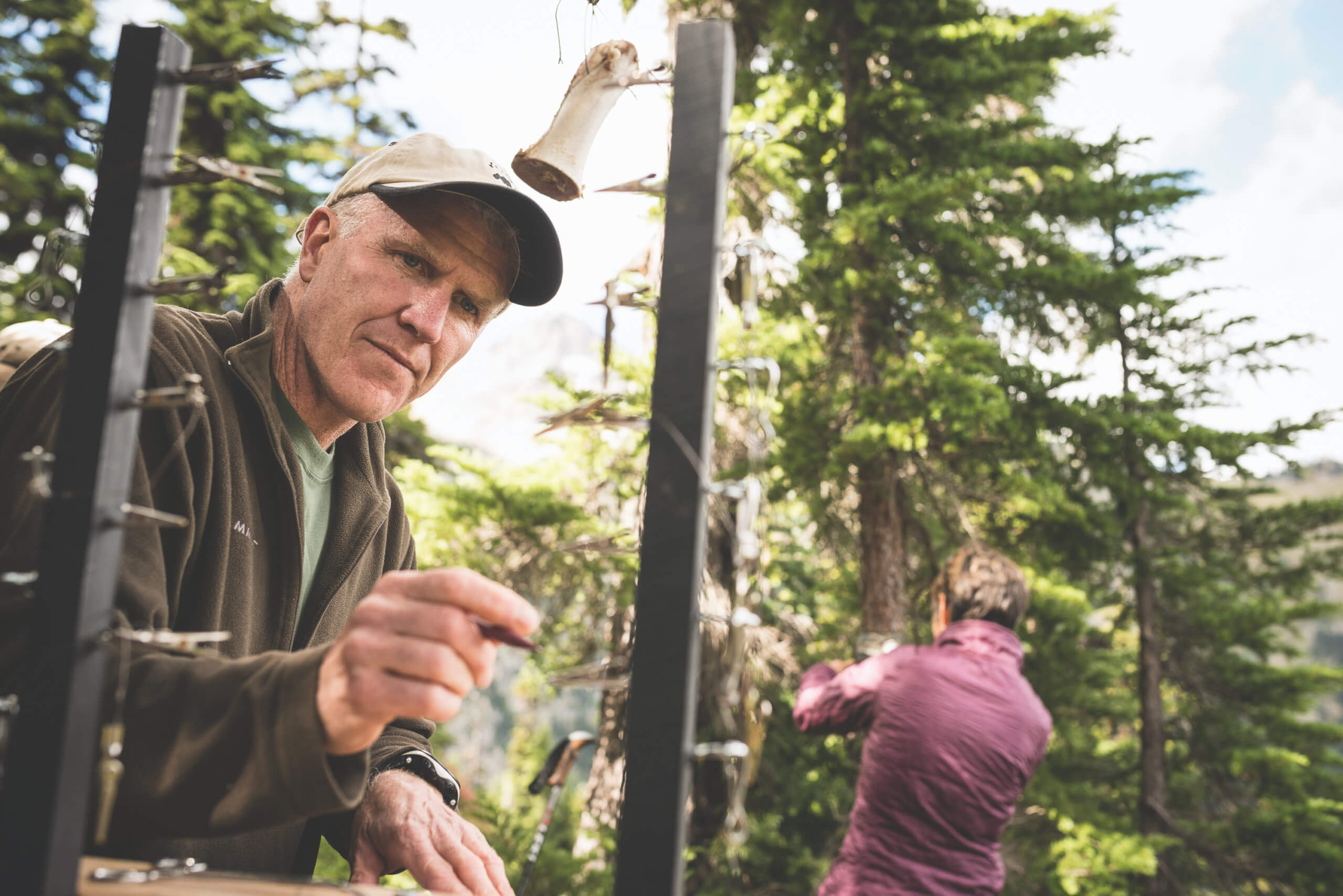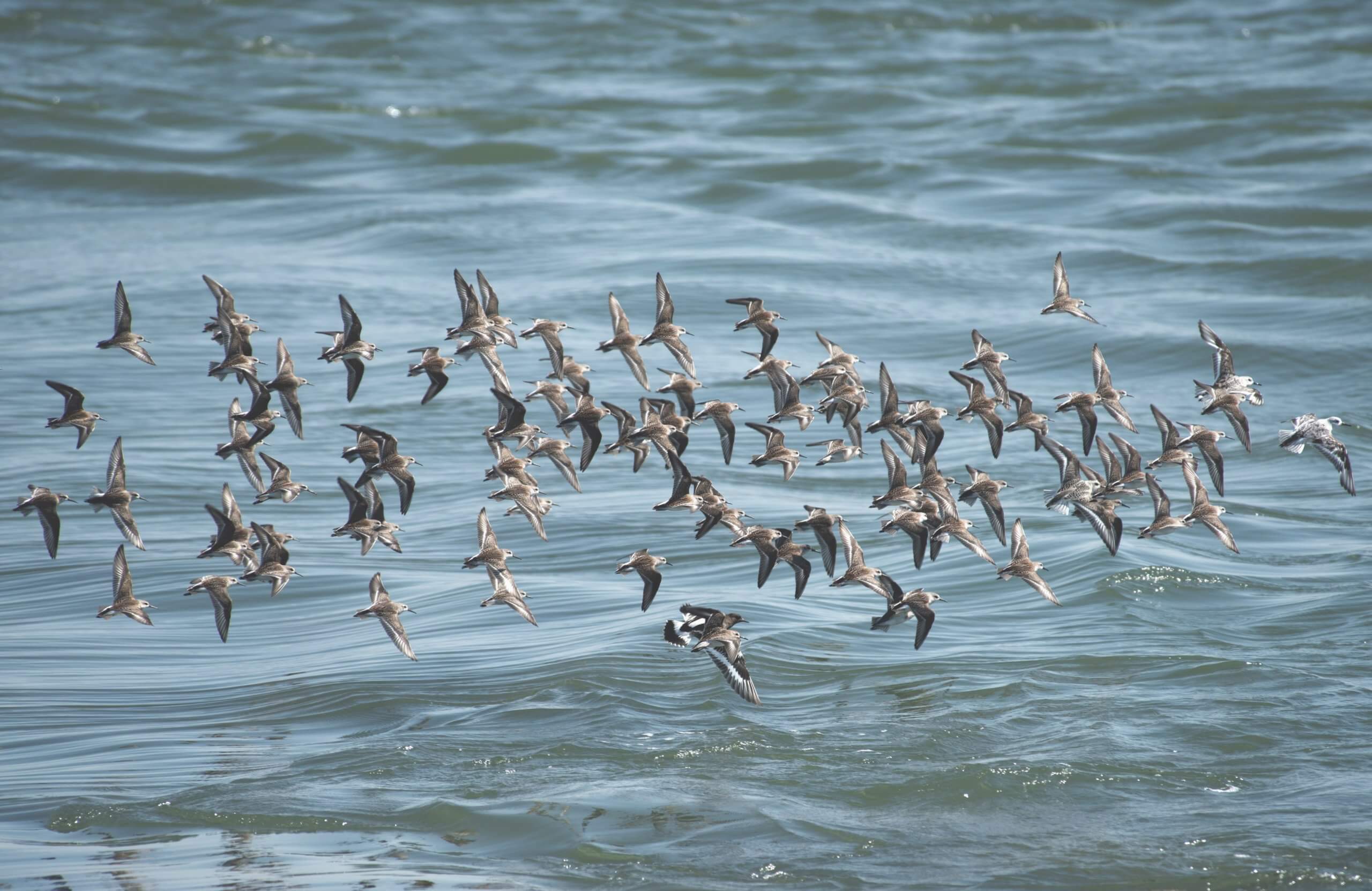When Brooke first invited me to participate in TREC’s Senior Leadership Program, I responded with “Maybe … but I don’t think I can’t take the time. Three weeks in Montana over nine months is a lot, especially on top of the travel I already have lined up.” Fortunately, she persisted. Now, two sessions into the program, I can’t imagine what a mistake I almost made. I simply couldn’t have afforded not to make time for this. It’s been and will continue to be a transformative experience, both professionally and personally.
My life, like yours, has been running me ragged. I love my job. I love my family. I love my life. But, I am tired. I am overwhelmed. I am perpetually behind. And whether you’re leading a business, a non-profit, or a research group, I suspect you can relate. Our culture rewards busy-ness. To be overwhelmed is the norm. For scientists, juggling the competing demands of research, publishing, grant writing, teaching, mentoring, not to mention engaging outside of academia, is exhausting.
Can we move beyond inevitable exhaustion? I do my job because I love it. It feeds me, and I suspect (or at least I hope) this is also true for you. How can we find a way for our jobs to feed us without devouring us?
We tend to focus on the problem being time management. I don’t have time to take on yet another thing. I’m already working long hours. I need to better prioritize. All of these are true. Time is a limited and incredibly valuable resource.
The resource we tend to under-appreciate and that isn’t limiting (although it might feel that way) is our energy. Our personal energy – within our bodies, minds, and spirits – is renewable. But, we have to invest in renewing it.
One of the most impactful pieces of my October leadership session was an exercise to explore our energy flows*. First, what drains our energy? We drew arrows proportional in size to how much various dimensions of our lives (at work and at home) draw down our energy reserves. My sketch, although not wholly surprising, was incredibly sobering. My worry arrow was huge! I expend a tremendous amount of energy worrying and being self-critical. I worry about whether or not what I just did was good enough. And whether or not what I’m about to do will be good enough. And so forth. It saps my energy – energy that I’d love to be devoting elsewhere. My constant worrying about the past and the future also keeps me from being fully present in the now.
We then moved onto the ‘what gives us energy’ half of the exercise. I asked whether I could draw an aspirational picture of what could give me energy, rather than what does. I got a definitive thumbs down, as the whole point was to be confronted with our current reality. But I realized that many of the things that give me energy – pottery, music, time for reflection – are things I devote little to no time to right now.
Energy management starts with doing more of what recharges you, including taking real breaks, and less of what drains your energy. This seems reasonable and obvious. It’s putting it into practice that’s hard. I’ve got my work cut out for me, especially to decrease the size of my worry arrow. But, I’m motivated, strongly supported by my leadership cohort, and much more conscious of the consequences of not making some changes.
The next step is to think about how to more deliberately plan your days to increase your energy level. Your daily schedule necessarily includes things that drain you. So, how can you create an energy sandwich by surrounding those energy-draining activities with things that give you energy? Instead of scheduling four hours of conference calls in a row, can I sandwich them in between tasks that renew me, like writing or brainstorming? This way I can enter into my energy low zone on a relative high and then renew myself again on the other side.
I want to return to the idea of being present and mindfulness. Second only to my giant worry arrow, nothing drains my energy like multitasking (or in the words of my coach, “simultaneously working on too much stuff” – she doesn’t believe in multitasking). Even though I know I’m always happiest when I’m focused on the now – the task, the conversation, the person who’s right in front of me – I find so many ways not to be present in the moment. In the words of Vietnamese Buddhist Thich Nhat Hanh, “The most precious gift we can offer anyone is our attention.” I believe in this wholeheartedly, and it’s just as important in our professional lives as in our personal ones.
We have much to learn from our colleagues in the business world where energy management is taking off and yielding results. It shows positive impacts on both productivity and performance (not to mention happiness and well-being). To learn more, read this excellent piece in the Harvard Business Review and check out The Energy Project.
I want to end with a quote that my leadership coaches shared with me:
“Most of us go to our graves with our music still inside us -Oliver Wendell Holmes”
I find this incredibly motivating (and slightly terrifying). If I’m going to effect change in the world, I need to prioritize self-care and let go of the worry that bogs me down.
What are you deluding yourself into thinking you don’t have time to do that you can no longer afford not to do? What are you willing to let go of (or take on) to more effectively show up for yourself, your family, your colleagues, your university, or your organization?
*Energy exercise and process developed by Cyndi Harris (cyndi@TREC.org) of The Resilience Practice. Copyright 2009.
This post was transferred from its original location at www.compassonline.org to www.COMPASSscicomm.org, April 2017.



